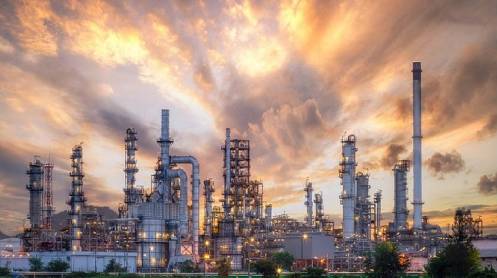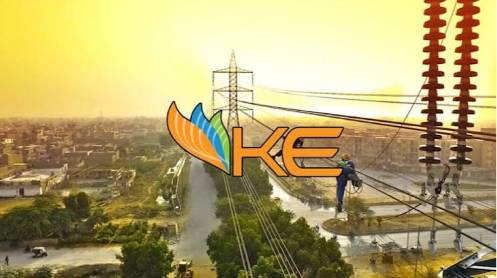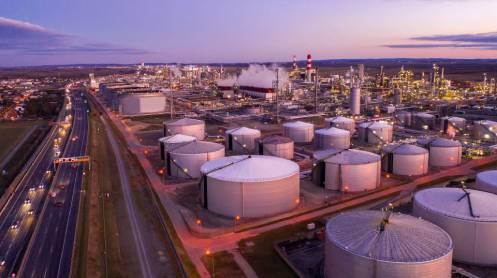KARACHI: The government has barred oil refineries from adjusting input tax on crude oil purchases against sales tax on refined products, such as petrol, high-speed diesel, light diesel oil, and kerosene—a restriction that is expected to drive up refining costs.
In its quarterly report to the Pakistan Stock Exchange (PSX) for the period ending September 30, 2024, Pakistan Refinery Limited (PRL) noted that the Finance Act 2024 classified certain petroleum products as exempt from sales tax, preventing refineries from offsetting input tax costs. The amendment, PRL reported, poses a challenge for ongoing refinery operations and escalates costs for planned upgrades, complicating efforts to secure financing.
PRL and other industry members are in talks with government bodies, including the Federal Board of Revenue (FBR) and the Special Investment Facilitation Council, which has directed the Petroleum Division to address the issue by November 12, 2024.
The tax policy change, along with declining diesel and furnace oil demand, contributed to PRL’s post-tax loss of Rs2.35 billion in the first quarter, a sharp contrast to the Rs4.48 billion profit reported for the same period last year. Despite these setbacks, PRL is pressing forward with its expansion project to double its processing capacity to 100,000 barrels per day, with engineering design complete and procurement now underway.
Under the Pakistan Oil Refining Policy for Existing/Brownfield Refineries, introduced in 2023 and later revised, refineries receive incremental incentives and deemed duty benefits to support upgrades aligned with Euro-V standards, with incentives extended to a seven-year period.
Story by Salman Siddiqui





